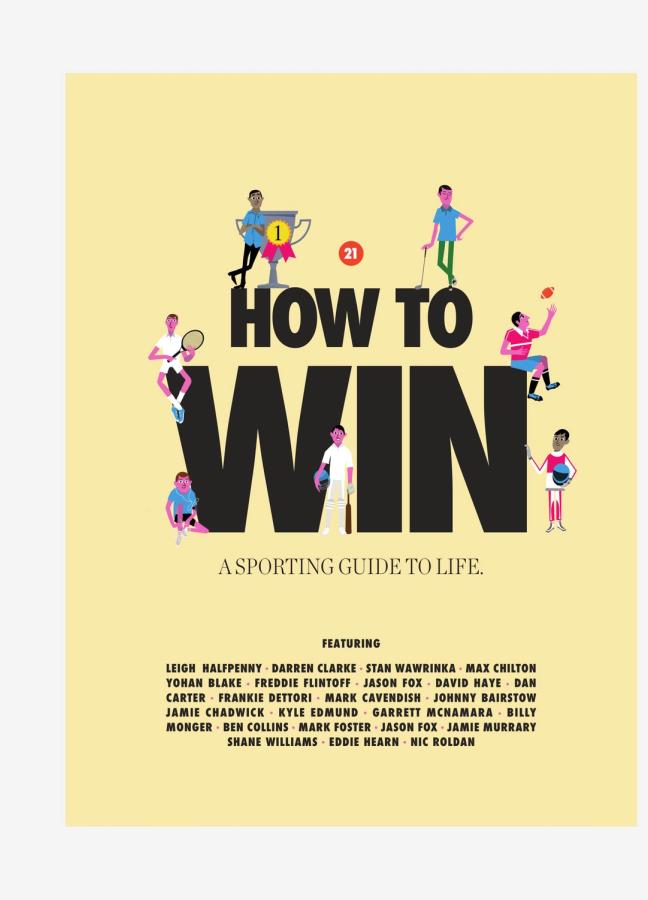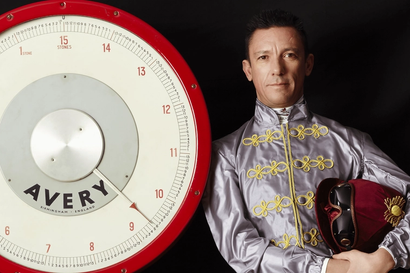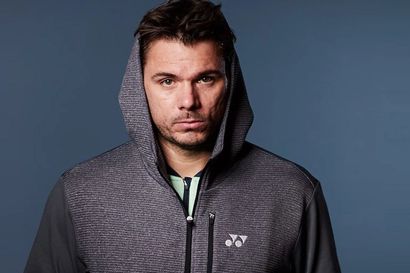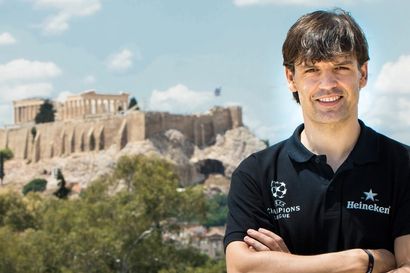How to lead from the front, by Freddie Flintoff
The former England international cricketer reveals how he led by example throughout his career
Freddie Flintoff’s competitive spirit is hard to miss. Spend five minutes browsing the cricketer’s extensive highlight reel on YouTube and you’ll see that the lad from Lancashire plays with his heart very much on his sleeve — and it’s clear that he’s using more than just his physical strength every time he hurls the ball at 90mph towards the stumps, or a quivering Ozzie, or both.
But it’s only when he says he would give up everything he now for a chance to play just one more game that you realise how much the sport means to the man.
When Flintoff was at the top of his game there was only one goal — to get better and to play against the best. “I love playing against the best people in the world” he says, reeling off the likes of Gilchrist, Warne, McGrath, Ponting, Tendulkar. Never overawed by the talent opposite him, Flintoff rose to the occasion and surpassed it every time. This, in a sentence, is how the man truly led by example on the pitch and off it.

In Flintoff’s mind, there is a huge difference between scoring a century and scoring ten good, meaningful runs that help win a series. The team’s reflective glory is always greater than the individual’s success. When we speak on the phone, Flintoff recounts one of his proudest moments at the crease.
At Old Trafford against the West Indies he and his best mate Rob Key had been sent out after the opening pair for England had been dismissed for just 27. Key and Flintoff had to seal the deal and see off the West Indies fast bowling attack. The 150 the pair carved out together y remains to the this day one of Freddie’s most prominent memories from his playing career.
“I love playing against the best people in the world...”
It was extra special because it occurred in Flintoff’s back garden. “That was nice”, Flintoff says with his signature understatement. If hitting 167 runs in a test at Edgbaston is a dream for most aspiring cricketers, it is reality for Flintoff. Yet the man remains distinctively modest: “I don’t think I ever made it in the world of cricket”.
He stands by the logic that “when you think you’ve made it, that’s when you get complacent and stop working”. It would seem that he has carried that mantra through his caree — right from the moment he received his now most treasured possession, his first Lancashire cap, to captaining England in the Ashes.

Not that the top role was an easy one. Throughout his tenure as England captain, Flintoff believed that his leadership was constantly being pulled in to question. (Sometimes by himself: “I wasn’t a particularly good captain” he tells me.) “Especially against Australia, getting beat 5-0” he says, recalling the Ashes defeat in the winter of 2006. The urn the team had worked so hard to secure just 18 months before had now been snatched from them, and in humiliating fashion.
At this point, Freddie reminded himself of the advice his Dad gave him: “just enjoy what you do.” Freddie is still as fearless as ever saying that failure has never bothered him and the fear of failure has never stopped him from doing anything. (Just look at his latest appearances on TV in A League of Their Own for further proof.) He is now the lead ambassador for the Jacamo fashion house — perhaps the first cricketer to become something of a style icon.
Despite the successes, Flintoff maintains that he is his “harshest critic”, despite some less than savoury words by the British and Australian press across his career. By controlling what he thinks and does, he has risen to the very pinnacle of his sport in his own fashion. What’s more, he’s injected his own personality into his game and his leadership style at every step of the way.

Growing up, Flintoff only ever wanted to play cricket. And he only ever wanted to play cricket for two teams.
“I just wanted to play for Lancashire and England, that was it”. It would appear that leading his country was not something that crossed a young Freddie Flintoff’s mind, yet through his ferocious playing style he came to be something of a talisman for the national team; an all-consuming, all-powerful all rounder who could lead from the front. With that pressure on him, it was important to keep a level head. “I can’t control outside influences. The only thoughts I can control are what’s on my end.”
In the end, it is Flintoff’s example, not his words, that are most inspiring. He did not win that momentous Ashes tournament in 2005, for example, by overaching strategy or meticulous pavilion speeches. He did it by getting stuck in, by grafting, by sheer force of will. The best leaders, as Flintoff shows, are the ones who don’t worry about much leading — they simple worry about doing their very best.

This article was taken from the ‘How to Win’ section of Gentleman’s Journal May/June Issue. Subscribe here to get the magazine delivered directly to your door…

Become a Gentleman’s Journal Member?
Like the Gentleman’s Journal? Why not join the Clubhouse, a special kind of private club where members receive offers and experiences from hand-picked, premium brands. You will also receive invites to exclusive events, the quarterly print magazine delivered directly to your door and your own membership card.


